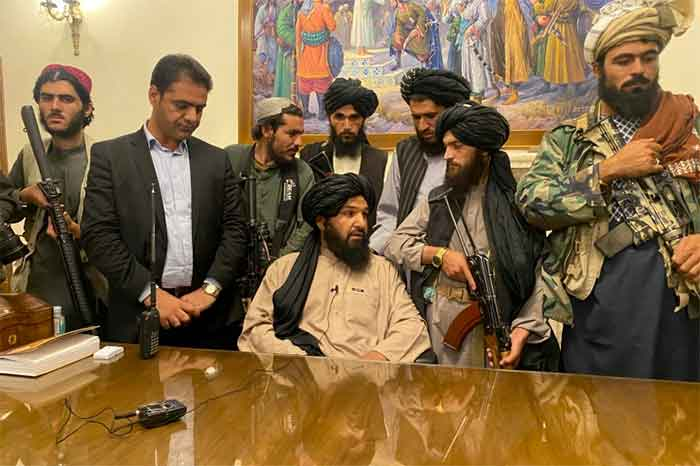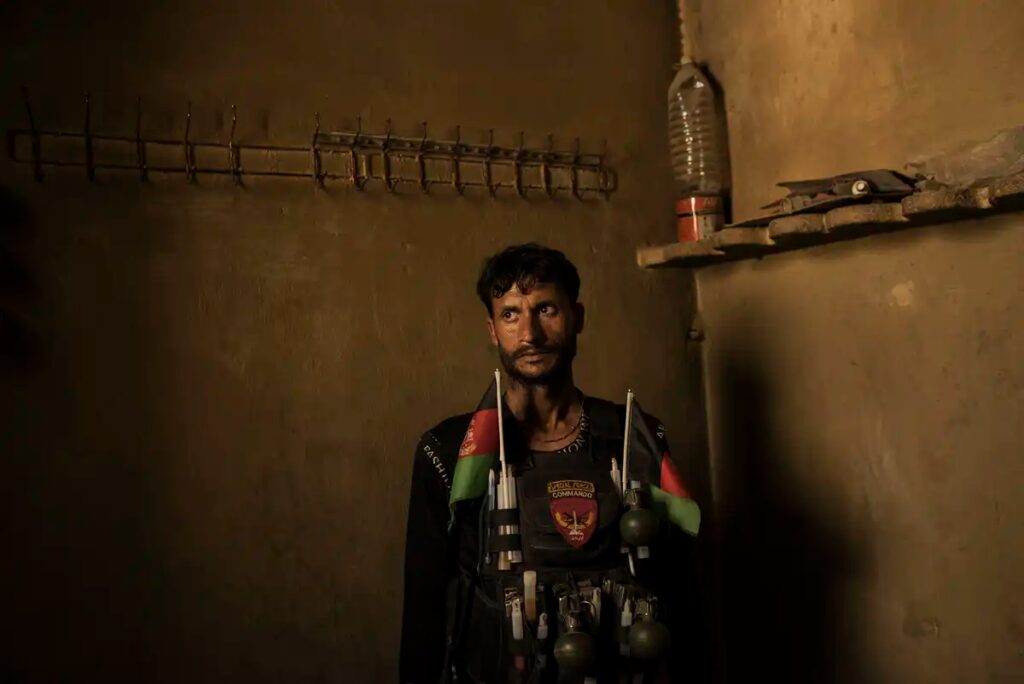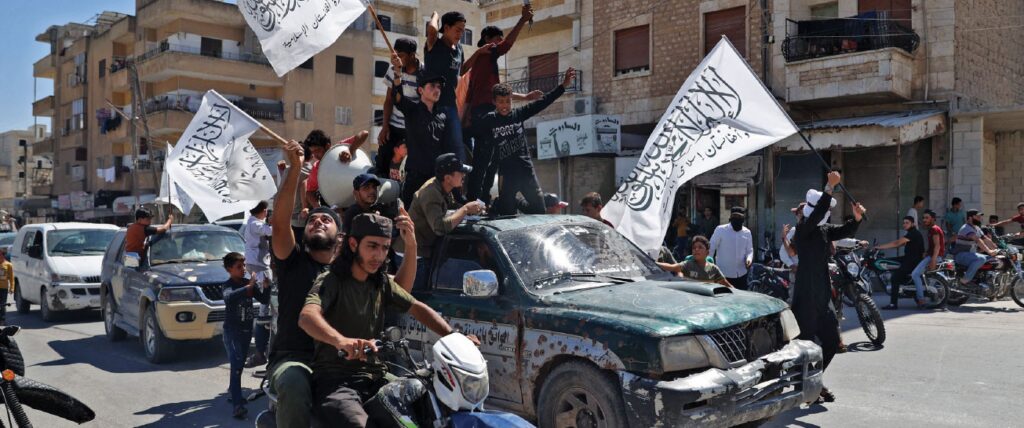Wandering 40 Years in the Afghan Desert

The Taliban have taken military control, but Afghanistan’s future is cloudy. Assumption that the Taliban can, by itself, effectively govern a nation divided by conflicting tribal loyalties and a partially reconstituted population, with a sharply contrary mindset, needs more validation. Rather than facts, agendas have delegated responsibility for the debacle in Afghanistan. Analysis demonstrates that United States President Joe Biden is not responsible for the airport evacuation disaster or for the Taliban rapid advance to power and entrance into Kabul. Reports from Afghanistan continue to be guided by ideology and supposition and not by substantiated information.






